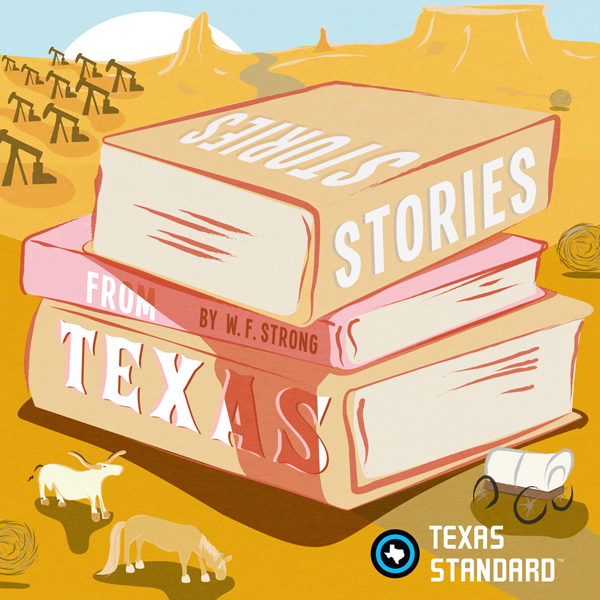By W.F. Strong
It is my belief that Texas was largely responsible for launching Elvis Presley’s phenomenal career. Texas, perhaps as much as Tennessee, gave him a vital push onto the national stage and empowered his rise to the eventual undisputed title of “The king of rock and roll.”
Now, I’m not claiming that he became the timeless icon of popular culture that he became, solely because of Texas. Given his super-charged charisma, even if he’d first toured in Northern Siberia, he still would have melted teenage hearts and attracted a massive following. Fame would have found him anyway. But that’s not how it happened. Elvis himself once said, “I owe a lot to Texas; they’re the ones who put me over the top. I’ve covered a lot of territory; mostly in West Texas. That’s where my records are hottest: down in San Angelo, Lubbock, Midland and Amarillo.”
In fact, when Elvis began touring in the mid-1950s, 86 of his first 200 concerts were in Texas. These were not all in the big cities, either. To be sure, he hit Houston and Dallas and San Antonio, but he mostly traveled to smaller towns. He went to Gladewater in East Texas and Sweetwater in West Texas. He played Paris – Texas that is – and out west he played Odessa. Most of his concert dates were in West Texas: El Paso, Lubbock, Amarillo, Alpine, Midland, Abilene, Wichita Falls, Brekenridge, San Angelo, Stephenville and Big Spring. These were not one-time stops either. He played in Midland and Odessa and Lubbock several times in his first years of stardom.
And it was touring in West Texas that introduced Elvis to some of the greatest musicians of his age. Buddy Holly opened for Elvis in Lubbock in 1955. Buddy was a high school senior. Elvis was 20. They bonded in mutual admiration of their outsized talents. Buddy would open for Elvis two more times that year. When Buddy died tragically just four years later, Elvis couldn’t attend his funeral because he was in the Army, stationed in Germany. But he did send a huge wreath of yellow roses in a loving tribute to the great Texan.
Elvis played in Odessa and Midland several times in 1955 and 1956. Once in Midland, at a show featuring Johnny Cash, Elvis and Johnny met a slightly younger, 19-year-old, Roy Orbison and advised him on launching his singing career. Cash was the old man of the group, at 23. Wouldn’t you have loved to have been backstage in Midland seeing those three future legends huddled together? Later in life someone asked Cash why he played a guitar so hard. And he said that he didn’t play all that hard, but Elvis sure did.
One thing that Elvis achieved that neither of the other two did was to create a fanbase of screaming, unruly girls. He sometimes begged them to settle down so people could hear the music.
His biographer, Bobbie Ann Mason, said, “He was brimming with sexual energy and the stage allowed him to give that energy free, exuberant play.”
Yes, the girls adored Elvis, but the boyfriends they climbed over to reach him were not great fans. They did not understand how this man driving a pink Cadillac and wearing the bright colors of a peacock could whip their girlfriends into such a lustful frenzy. To add to the insult, their girlfriends rushed to buy the Elvis lipsticks that were for sale at the concerts; Tender Pink and Cruel Red. Elvis was dismayed that so many of the boys didn’t like him, because he considered himself “just one of the guys.”
After 1956, Elvis moved slowly away from Texas, drifting toward Las Vegas where audiences came to him instead of him driving all night in a pink Cadillac to make his next show. Hollywood, too, came knocking. So he would never again return to Texas with anywhere near the frequency he did in the early years of his growing fame. The year he died, he held his last Texas concerts: one in Abilene and the final one in Austin on March 28, 1977.
Two books that were helpful in researching this story are “Last Train to Memphis: The Rise of Elvis Presley” by Peter Guralnick, and “Elvis Presley: A Life (A Penguin Life)” by Bobbie Ann Mason.





